God and Nature – Panpsychism, The Microbiome, and a New Christian Approach to Consciousness, by John F. Pohl


LiveScience - Why Does Christianity Have So Many Denominations?, by Donavyn Coffey.
There are more than 45,000 denominations globally.

Crisis Magazine - Mammon's Grip on the Catholic Churchby Father Dwight Longenecker
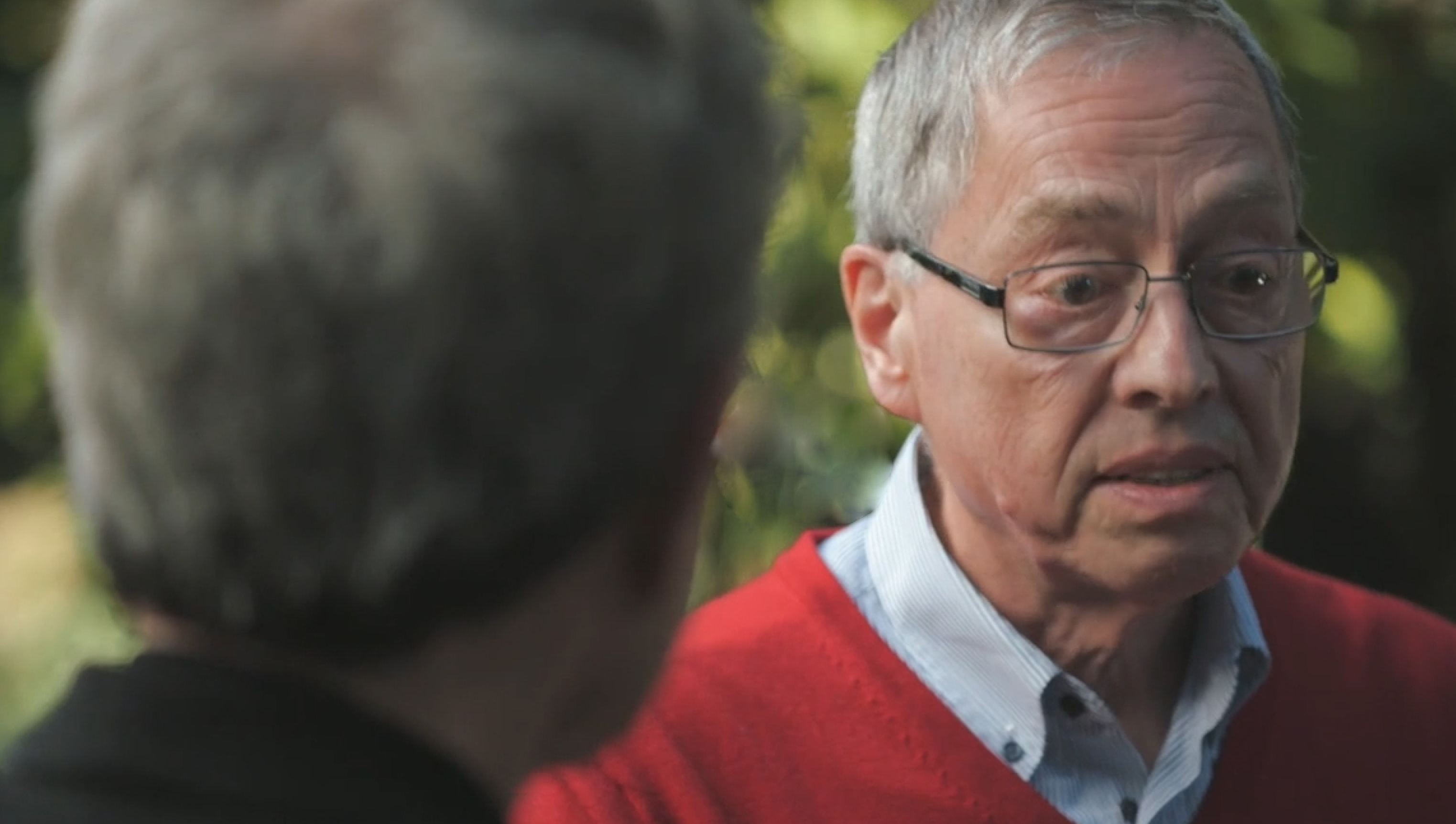
Closer to Truth - How Should Religion Talk to Science? - To do good theology, religion must speak with science if only to avoid the embarrassment of supernatural explanations when natural explanations are doing just fine. If religion claims to be an approach to the entirety of existence, then it must embed the discoveries and insights of science. Religion has no choice. At its own risk, religion ignores science. A conversation with Lothar Schafer.

Plough Magazine - Caring for Our Common Home, by Sam Ewell.
To treat creation, from worms to banana peels to neighbors, as if your life depends on it.
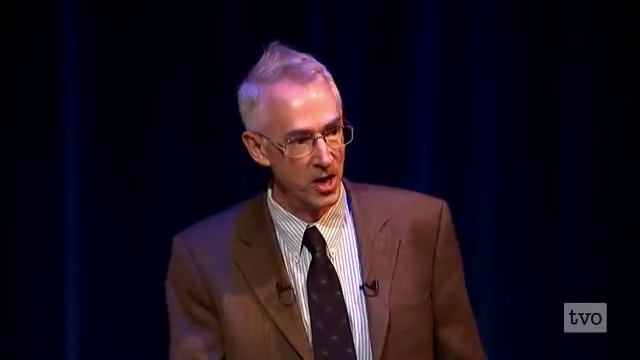
YouTube - David Sloan Wilson on Religion amd Other Meaning Systems, video by TVO Docs.
Professor David Sloan Wilson, author of Darwin's Cathedral: Evolution, Religion, and the Nature of Society, delivers the annual Wiegand Memorial Foundation lecture entitled Religion and Other Meaning Systems. He examines how the experience of the religious believer differs from the secular thinker and argues that both can be understood in terms their particular meaning systems.

Relevant - Don’t Pursue Your Dreams. Pursue Obedience, by Alex Tran.
“When I grow up, I want to be a doctor.”

Touchstone Magazine - Religious Freedom and Why It Matters, by Robert P. George. On the tombstone of John Leland the following words are inscribed: "Here lies the body of John Leland, of Cheshire, who labored 67 years to promote piety and vindicate the civil and religious rights of all men."
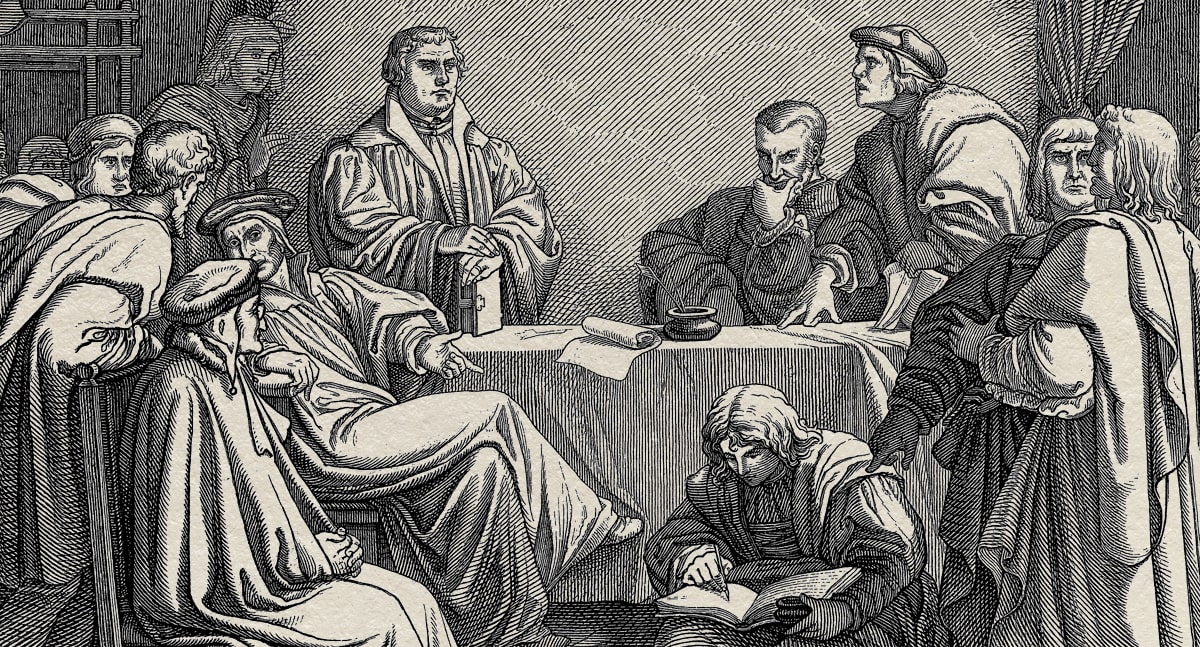
Touchstone - Who's Your Teacher? By Marcus Johnson.
Martin Luther's prescription for pastors and preachers (including himself) who neglect the catechetical training of their congregation was characteristically colorful and coarse:
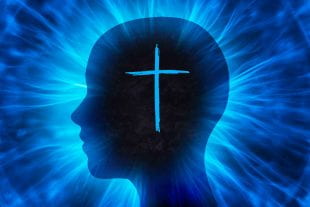
Rice University - Can Religion be Explained by Brain Wiring? By Amy McCaig.
Is there a “God spot” in the brain that determines whether you’re hardwired to be religious? New research from Rice University finds that nonbelievers are more likely than the faithful to think that’s true.

Spiritual Naturalist Society - The Case for Religious Fictionalism: or How to Lead a Religious Life Without Faith or Belief, by SNS Guest.

New Advent - Evil (a definition). Evil, in a large sense, may be described as the sum of the opposition, which experience shows to exist in the universe, to the desires and needs of individuals; whence arises, among human beings at least, the sufferings in which life abounds. Thus evil, from the point of view of human welfare, is what ought not to exist.

The Catholic Thing - The Human as Guest, by Robert Royal. Synods almost always move within established boundaries and the subjects they take on, the very language they use, are largely predictable.

Crisis Magazine - Made in the Image of Man: How Big Tech Threatens our Humanity, by Andrew Beebe

Nautilus - The Big Bang Is Hard Science. It Is Also a Creation Story, by Barry B. Powell.
In some ways, the history of science is the history of a philosophical resistance to mythical explanations of reality. In the ancient world, when we asked “Where did the world come from?”
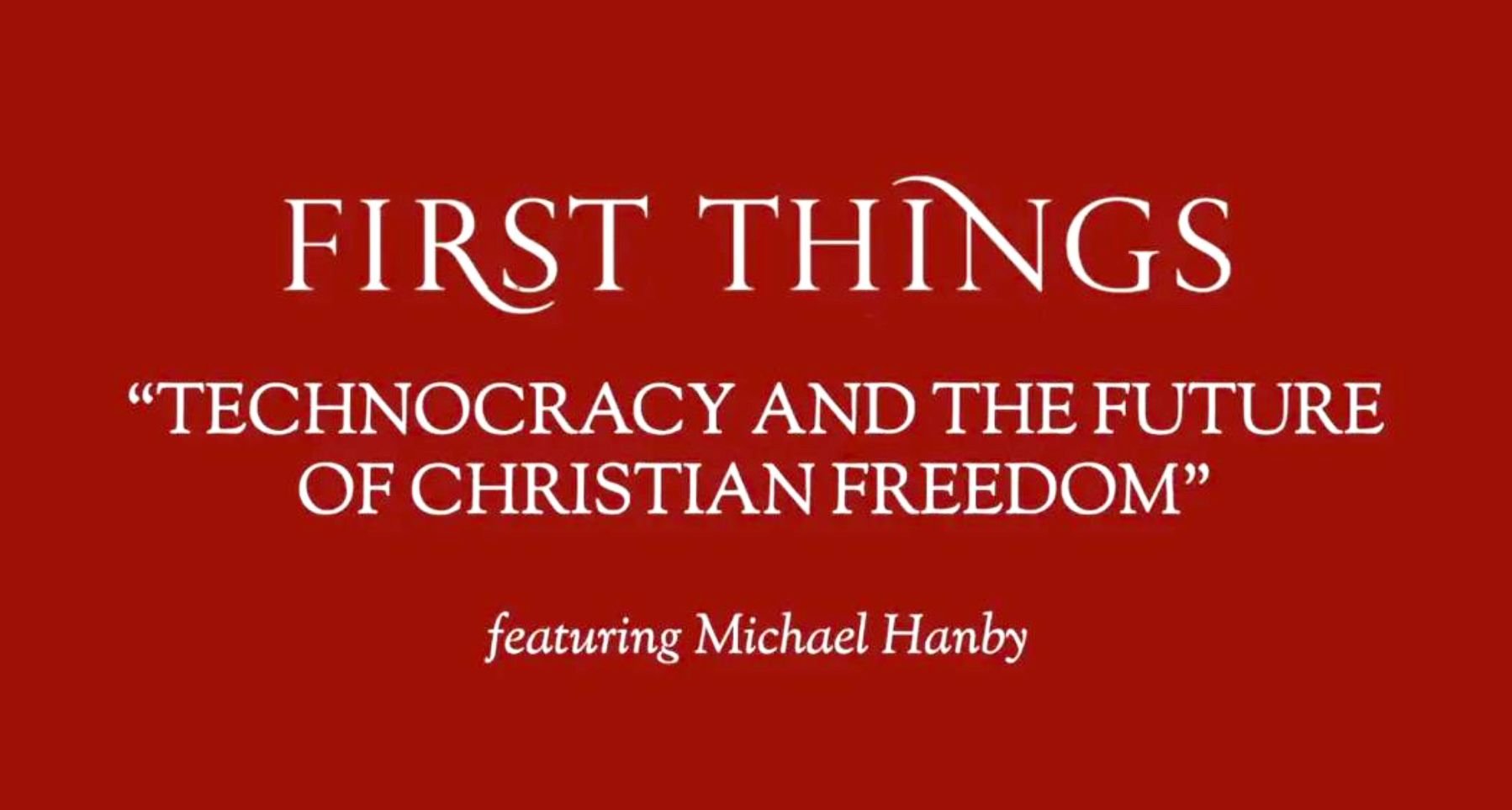
First Things - Michael Hanby: “Technocracy And The Future of Christian Freedom”. Michael Hanby shares his thoughts on this subject in a video presentation by First Things.

New York Times - Are Christians Supposed to Be Communists? By David Bentley Hart
It was in 1983 that I heard the distinguished Greek Orthodox historian Aristeides Papadakis casually remark in a lecture at the University of Maryland that the earliest Christians were “communists.” In those days, the Cold War was still casting its great glacial shadow across the cultural landscape, and so enough of a murmur of consternation rippled through the room that Professor Papadakis — who always spoke with severe precision...

BBC - Melvyn Bragg examines the purpose and effects of prayer, and discusses whether it is an instrument of action or simply the most essential form of self analysis.
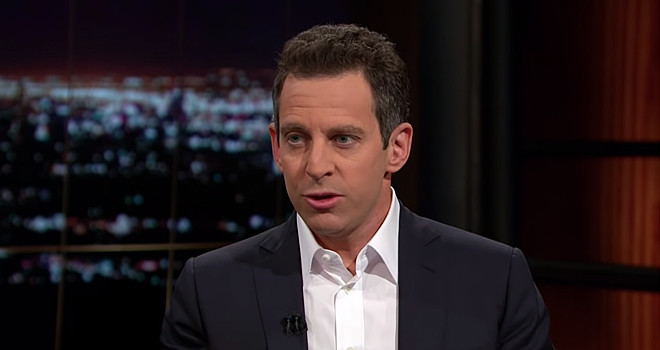
Crisis Magazine - Can Morality Be Grounded in Science? by Regis Nicoll.
Each of us knows that certain things are wrong—not because we believe they are wrong, but because they really are wrong. And that applies to the moral relativist as well. If you want to see a relativist sink into a sophistic seizure, ask him about the “virtues” of cruelty, rape, bigotry, exploitation, or the Holocaust.
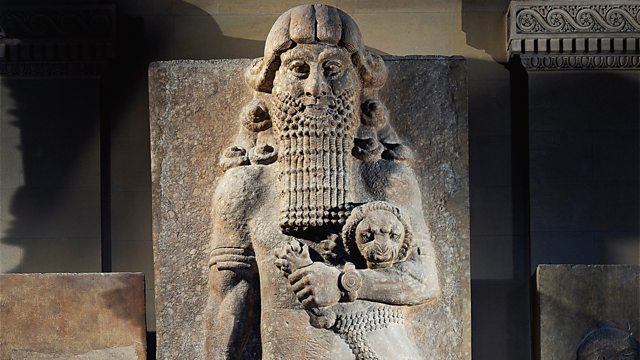
BBC - Epic of Gilgamesh (Audio)
Melvyn Bragg and guests discuss the Gilgamesh Epic, often described as the earliest surviving great work of literature, with origins in Mesopotamia in the 3rd millennium BC.

Commonweal Magazine - Is Mysticism Normal? by Thomas Merton. What is the normal fullness of Christian sanctity? What is the spiritual ideal which we should all ordinarily seek, by making use of the graces won for us by Christ on the Cross and dispensed to us through the usual channels?

New Advent - Evil, in a large sense, may be described as the sum of the opposition, which experience shows to exist in the universe, to the desires and needs of individuals; whence arises, among human beings at least, the sufferings in which life abounds. Thus evil, from the point of view of human welfare, is what ought not to exist.

Plough Magazine - Freedom: A Declaration of Interdependence, by Charles E. Moore. The thought of a dismembered body part, like a severed finger or toe, both shocks and repulses us. It is incongruous and not quite human; removed from the body it is horrendously out of place.

First Things - GODLY COOKING? THEOLOGICAL ETHICS AND TECHNOLOGICAL SOCIETY,
by Max L. Stackhouse.
Every civilization has had its own ways of getting materials out of the bio-physical environment in order to feed, clothe, and house people, and to move people and things from where they are to where we want them to go. People with technical abilities know how to do things, how to make instruments to do things, and how to fix things when they are broken. Modernity thinks it is right to honor them and what they do.

Spiritual Naturalist Society - The G Word, by Dennis Oliver:
How many humanists, atheists and agnostics want to discuss how “God” might be relevant to their lives?

Touchstone Magazine - Speaking the Truths Only the Imagination May Grasp. An Essay on Myth & “Real Life”, by Stratford Caldecott.
John Henry Newman once pointed out that it is very hard for anyone to believe something he cannot first imagine to be true. Today, many people growing up in an industrialized world cut off (physically and intellectually) from the natural environment cannot imagine the milk they drink coming from a cow, let alone how the supernatural claims of Christianity could possibly be true. It seems to bear no relation to the world they inhabit. They have no knowledge of it, nor even any knowledge from which they can draw analogies.

Touchstone Magazine - Theodicies & Messy Desks. Hugh Hunter on the Infinite Problem of Goods & Evil. "When I teach the philosophy of theodicies, I always make sure to introduce Hunter's rule of theodicies: Don't open with 'em. Like a slowly building joke, a theodicy is all about the journey."
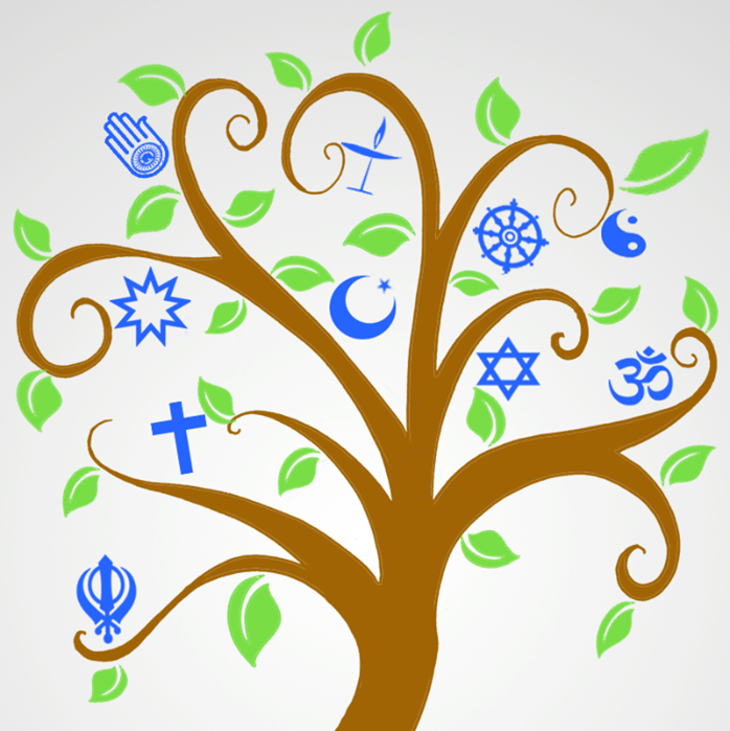
American Psychological Association - What Role Do Religion and Spirituality Play In Mental Health? Five questions for psychology of religion and spirituality expert Kenneth I. Pargament, PhD.

Next Avenue -Does Being Religious Make You Healthier? One scientist used brain scans of rabbis to inform his research, by Debbie Musser. There’s a growing field of study that seeks to link the physiological effects of religious and spiritual practices on the body: neurotheology.
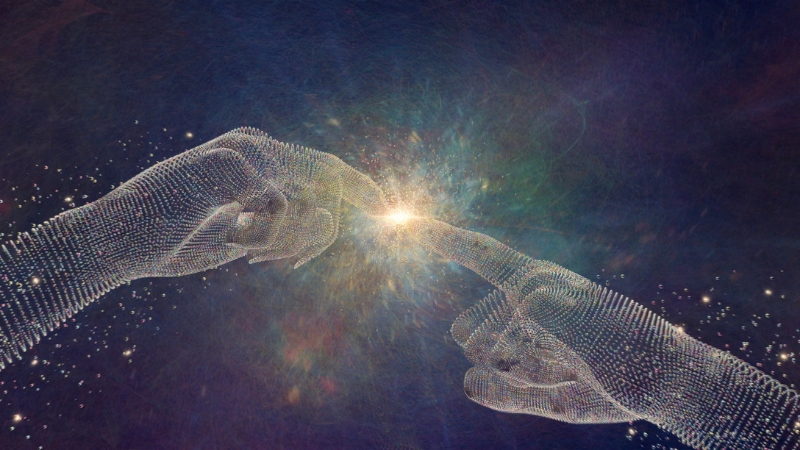
John Hopkins Medicine - Experiences of ‘Ultimate Reality’ or ‘God’ Confer Lasting Benefits to Mental Health. People over the millennia have reported having deeply moving religious experiences either spontaneously or while under the influence of psychedelic substances such as psilocybin-containing mushrooms or the Amazonian brew ayahuasca, and a portion of those experiences have been encounters with what the person regards as “God” or “ultimate reality.”